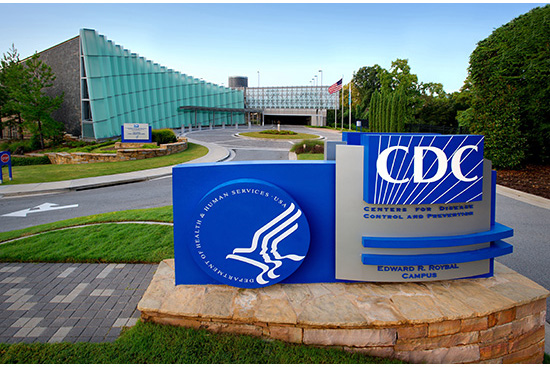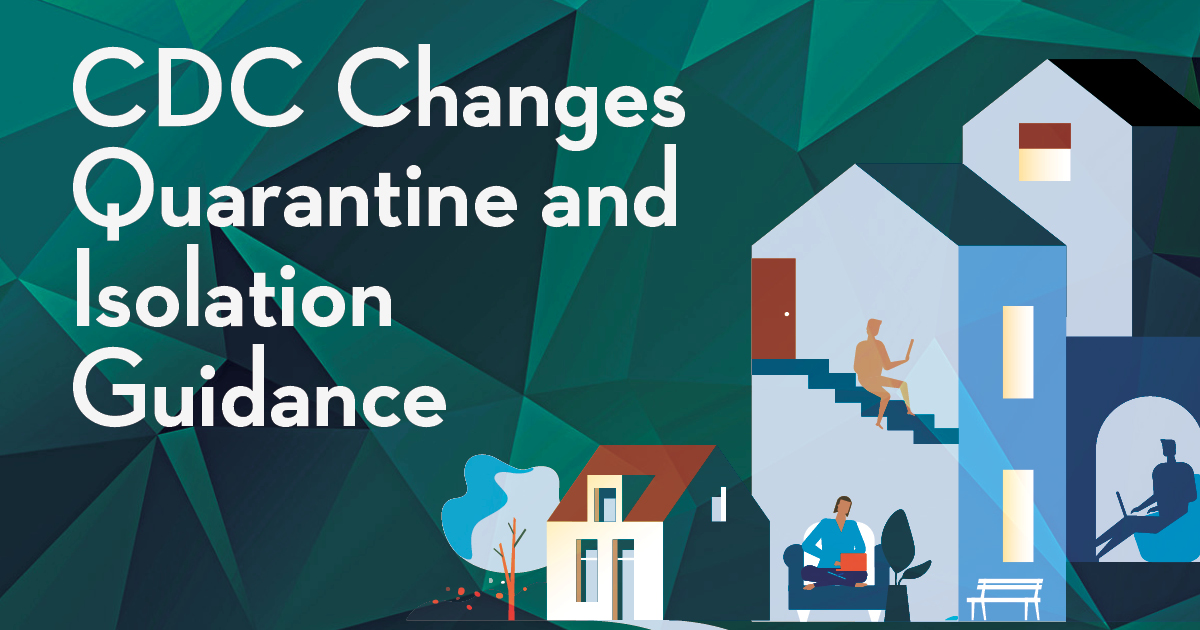CDC Guidelines for Covid Exposure – For the last two years, the whole world, including the United States, has been struggling with different viruses. One particular virus, COVID-19, which started the whole Charade, is still in the system and affects a lot of Americans regularly.
The federal government of the United States and its health agencies, including the Food and Drug Administration of the United States and the Centers for Disease Control and Prevention, are doing everything to contain the spread.
The recent rise in the positive cases of COVID-19 has been marked as the 6th wave of COVID-19 in the country. Every health expert, including health agencies, is very serious about the rising cases of the virus.
The Centers for Disease Control and Prevention released its latest CDC guidelines for COVID exposure. If you have been exposed to the virus, then you should follow the below-given guidelines.
Exposed to COVID and Not up to date with COVID Vaccines
The first set of CDC guidelines for covid exposure is for people who are not up to date with COVID vaccines.
The Centers for Disease Control and Prevention count you as up-to-date if you have already received the primary series and booster series of COVID vaccine.
If you have only received the primary series, then the Centers for Disease Control and prevention will count you as fully vaccinated.
- If you get exposed to COVID-19, and you are not up to date with the COVID vaccine, then you should quarantine yourself for at least five days.
- Even at home, you should wear a well-fitting mask while you are around others in your home.
- The Centers for Disease Control and Prevention have recommended that you should get yourself tested at least five days after your close contact with COVID-19.
- It doesn’t matter if you have symptoms of a cold or not. Testing after five days is mandatory, and everyone should do it.
- If you do not develop any symptoms and your test came negative, then you can end your quarantine period but keep watching your symptoms for five more days.
- You should avoid traveling till the 10th day of your close contact with COVID-19. Even if you have to travel in certain situations, then you should take precautions such as wearing a mask, using hand sanitizer, and maintaining social distancing.
If you are not up to date with the COVID vaccine and you develop symptoms during your quarantine period, then you should isolate yourself immediately and keep testing yourself regularly.
You should not remove your mask while you are around others.

Exposed to COVID and up to date with COVID Vaccines
Now let’s take a look at some guidelines issued by the Centers for Disease Control and prevention on the exposure to covid for those people who are completely up to date with their COVID vaccines.
If you have already received all of the booster shots of the COVID vaccine after receiving the primary series, then these are the guidelines for you.
- The Centers for Disease Control and Prevention do not recommend you quarantine yourself if you got exposed to someone with covid. There is only one condition if you are completely up to date with your vaccines.
- Whether you develop symptoms of COVID-19 or not, you should get yourself tested at least five days after your close contact with someone infected with the virus.
- You should keep watching your symptoms until the 10th day of your close contact with someone with COVID-19.
- If you develop any symptoms related to COVID-19 till the 10th day of your exposure, regardless of your vaccination status, you should isolate yourself and keep testing yourself regularly.
- Apart from isolating yourself and testing yourself, you should also wear a well-fitted mask around others.
- Till the 10th day of your exposure, you should keep wearing a well-fitted mask around others. Whether you are attending any indoor program or outdoor function, you should not remove your mask.
- The Centers for Disease Control and prevention do not stop you from traveling if you are up to date with your COVID vaccine. But, you should follow all the precautions for traveling.
CDC Guidelines for Covid Exposure after Testing Positive
CDC guidelines for covid exposure completely changed regardless of your vaccine status if you find yourself positive for the virus.
- The Centers for Disease Control and prevention do not allow you to go outside for five straight days from the day of your exposure or test results.
- You should keep wearing a well-fitted mask around others while in indoor or outdoor areas.
- It doesn’t matter if you are vaccinated or not, and you should not travel when you test positive for COVID-19.
- If you do not develop any symptoms after the 5th day of your exposure, you can end your isolation. But there is one condition you should spend 24 hours fever free without the use of any fever-reducing medicine.
- If you have symptoms even after the 5th or 7th day of your exposure to COVID and you should not endure isolation.
- Kindly do not travel until the 10th day of your symptoms. This condition is valid for both vaccinated and unvaccinated positive cases.
The Centers for Disease Control and Prevention suggest you avoid being around someone likely to get very sick from the infection. As a shy person, you should not meet people who are suffering from chronic diseases or those who have other medical conditions.
Under any circumstances, you should follow all the precautions until the 10th day of your exposure. It doesn’t matter whether you develop any symptoms related to COVID-19 or not.
How to count the days as per the CDC guidelines for COVID exposure?
It is very easy to count your days as per the CDC guidelines for COVID exposure. The day of your exposure is considered day 0. The Centers for Disease Control and Prevention count day one after 24 hours of your contact. It will be very easy for you if you start counting the hours from your exposure to someone with COVID.
